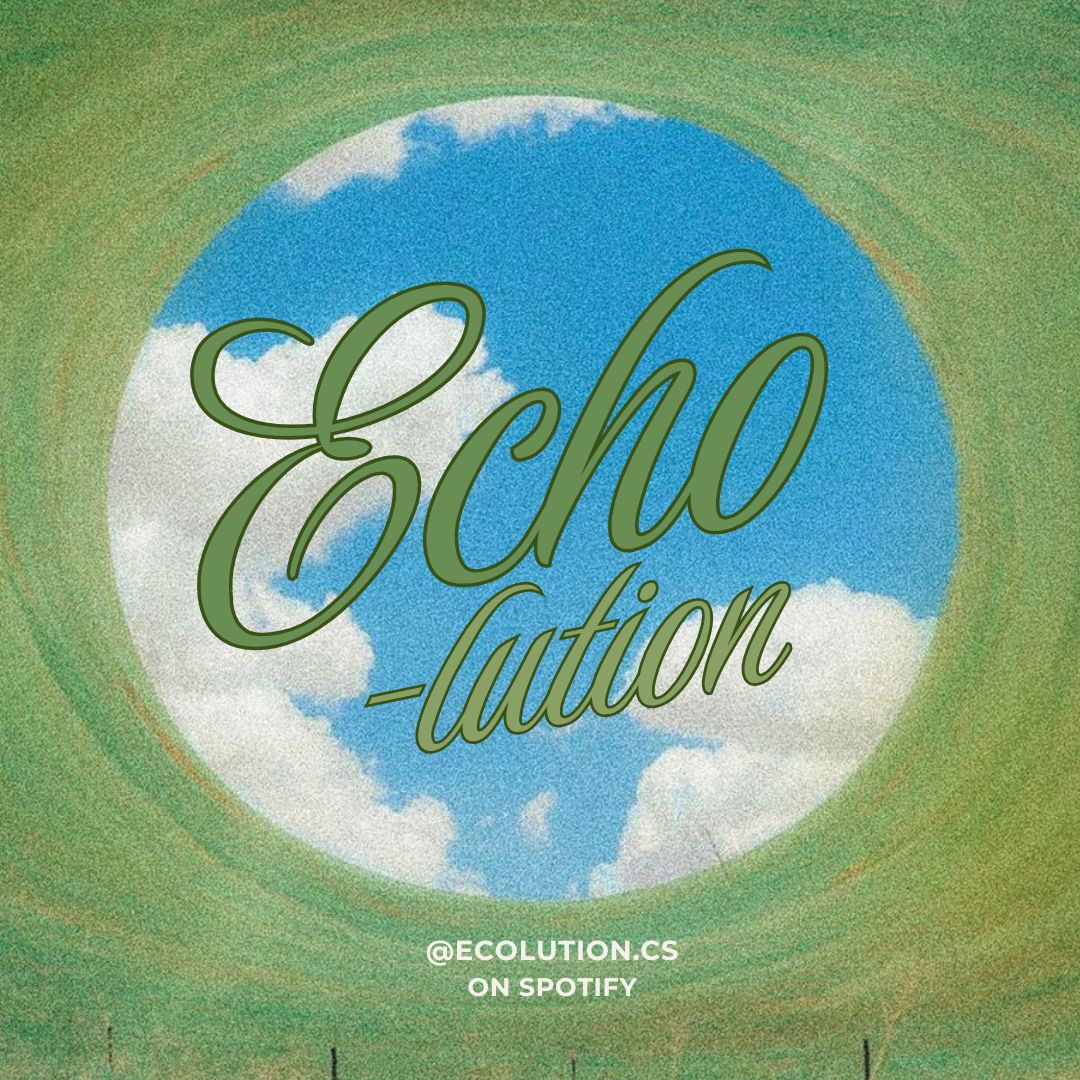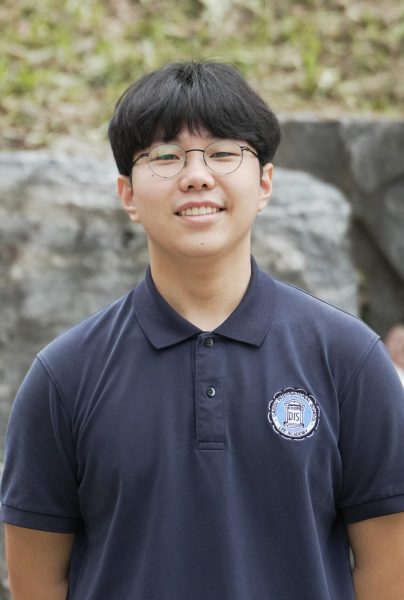“Technology must serve humanity” reigns supreme as the mantra of today’s software industry. But under the rapid development of immersive technologies like augmented reality and virtual reality lies a doom-and-gloom prediction that hi-tech will one day control society. Won-Kyo Lee, Founder and CEO of VRillAR, a South Korean VR startup, shares his philosophy on issues like impracticality, isolation, and creativity, among others.
The industry’s origins date back to 2019, when Meta introduced Oculus Quest: the first generation of its VR headset. Tech giants like Microsoft and Apple followed Meta’s footsteps and developed mixed reality headsets that blend digital content with the physical world for everything from remote work to entertainment.
Conglomerates like Meta invest $50 billion and change their brand identity to adapt to high-tech trends. Yet, the industry remains shallow. “No matter how advanced or immersive the technology is, if it has no practical use in real life, it won’t create a market,” Lee said. “Without a market, AR and VR tech won’t progress much. You can see that by looking at the current state of the AR/VR industry.”
While shallow, VR raises concerns of isolation. Worried critics likened Apple’s Vision Pro to the dystopian sci-fi series Black Mirror, where everyone communicates only through headsets, disconnected from reality.

Lee acknowledges that the internet engendered problems such as the hikikomori effect, but he believes technology doesn’t inherently isolate people. “The internet drastically expanded human connection,” he said. “Before the internet, your interaction circle was limited by geography. Now, we can connect with anyone anywhere. That benefit outweighs the drawbacks.”
Pessimists also forecast that Artificial Intelligence, another harshly criticized software, will replace human creativity. But according to Lee, human creativity and AI resemble each other. “Human creativity is just a reassembly of what we see, feel, and learn from childhood. AI works similarly by disassembling and reassembling data,” he said.
Still, Lee admits that artificial intelligence will blur the lines between professionals and consumers. “In the past, coding took 10 years to master, but now you just need to understand the workflow.”
But he believes that AI enhances work efficiency and enlightens people culturally. Similar to how the Roman Empire expanded massive amounts of culture and art through slaves, “robots and AI are the new slaves for us,” as Lee says.
Critics argue that people rely excessively on artificial intelligence—people go straight to LLMs like ChatGPT, even though they lag in content understanding. But Lee said, “When tech makes life more convenient, we can get dependent—but that’s not the same as ‘serving’ it.”
Every new paradigm comes with backlash that stems from the fear of losing control. Even now, people ruminate over isolation and the loss of creativity. As artificial intelligence begins to outsmart us, excitement turns to apprehension. Yet, while machines can replace our skills, they won’t replace our values, and Lee holds his ground that we will learn how to harness hi-tech to its fullest.





















































Eddy kim • Oct 1, 2025 at 7:35 pm
I have a Vr headset at home too, but I feel like this would be in the far future because there are still things to do outside of anything in the VR headset, and the technology isn’t as advanced yet.